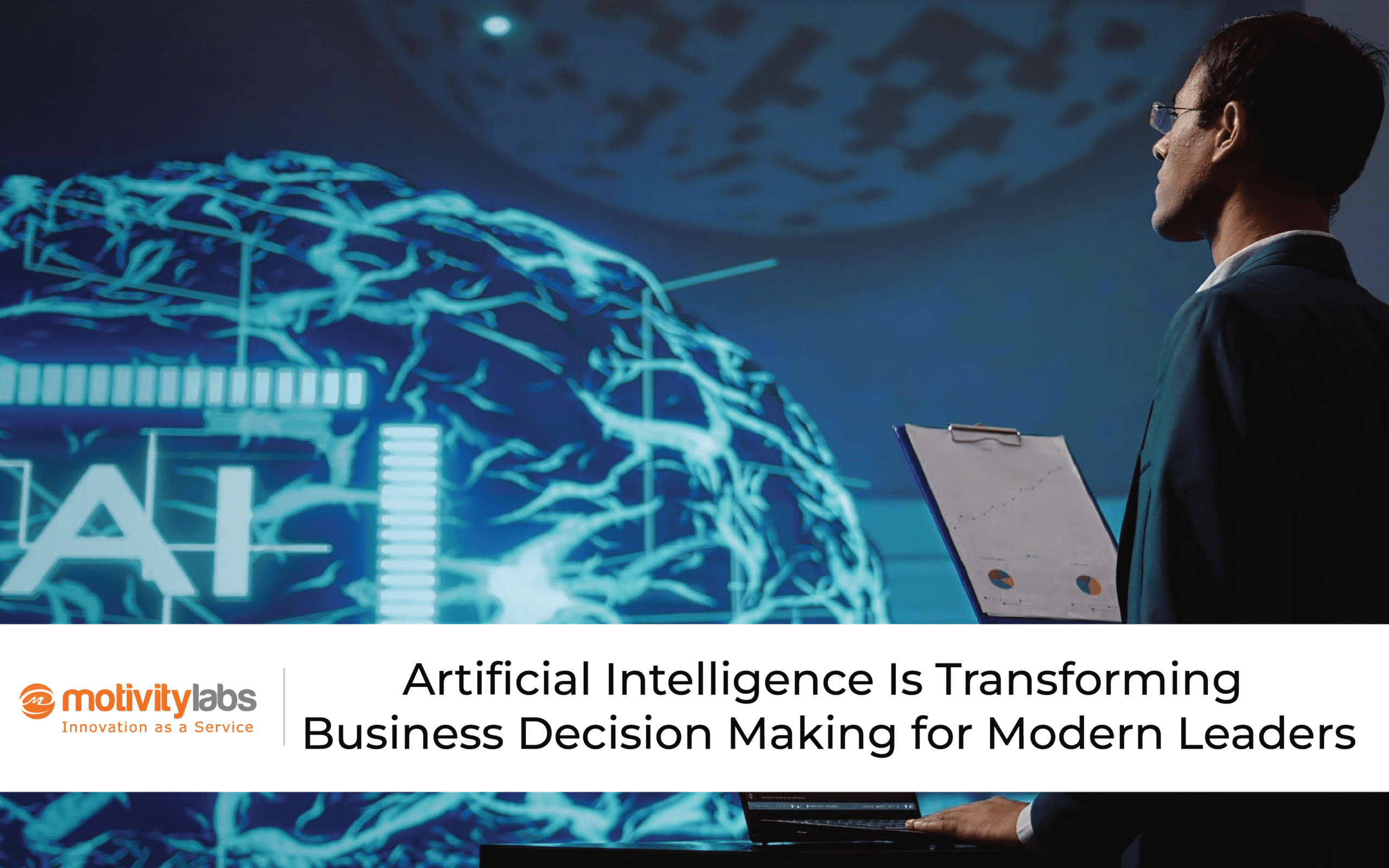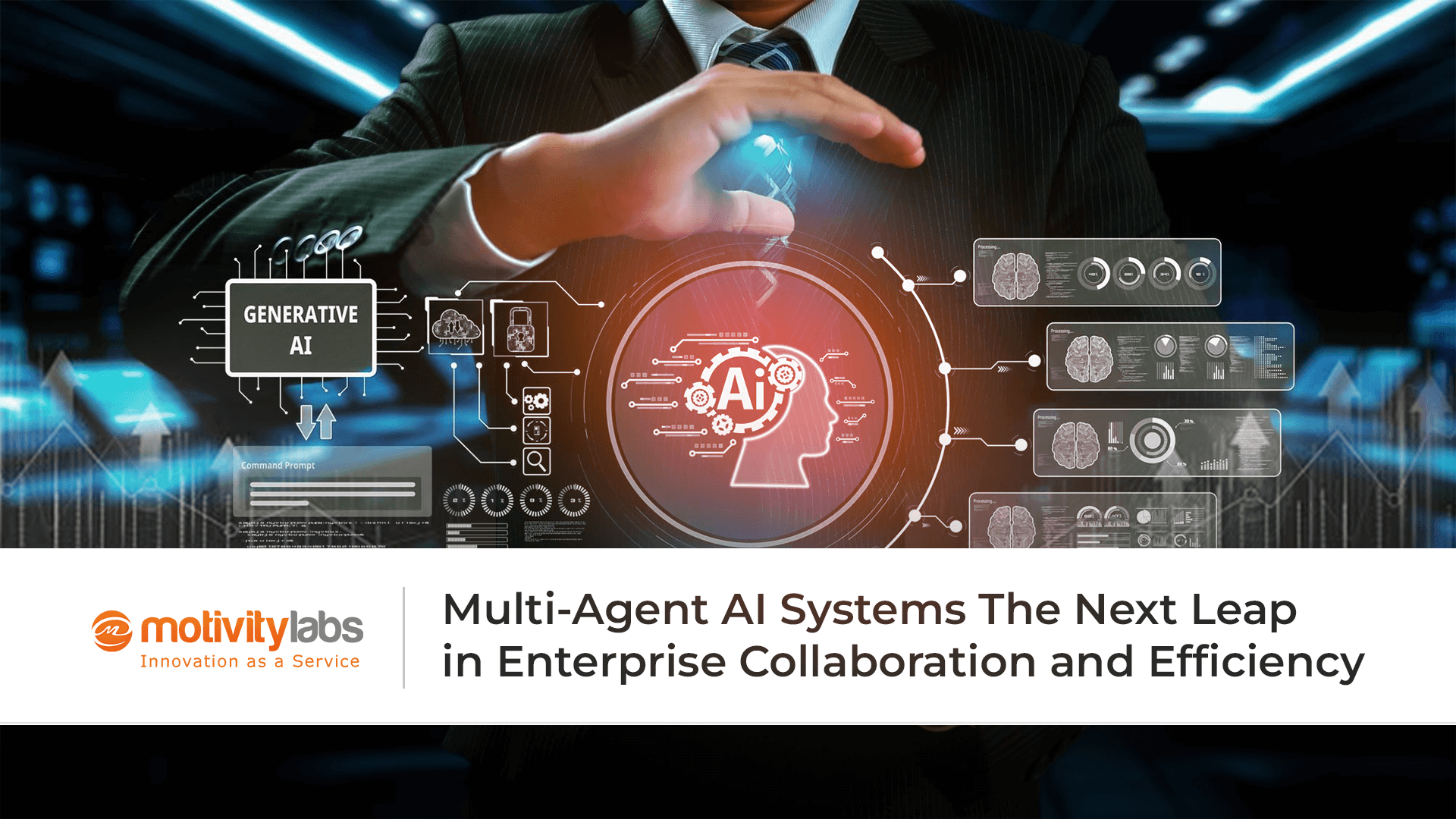Introduction
As the retail industry continues to forge newer and newer aspects, artificial intelligence becomes pivotal in transforming customer interaction, operations handling, and therefore growth. The global AI in retail industry market is projected to grow significantly, from an estimated USD 11.83 billion in 2024 to about USD 54.92 billion by 2033, reflecting a compound annual growth rate of approximately 18.6% to 29.9%, according to different market analyses. It’s driven by increased demand for personal shopping experiences, greater operational efficiencies, and the ability to leverage vast amounts of consumer data.
How AI used in Retail?
Artificial intelligence is transforming the retail industry, from advanced algorithms to analyzing and interpreting large volumes of customer data that come from various sources. In addition, AI in retail can identify complex patterns and predict consumer preferences in less time. By analyzing these datasets, AI enables retailers to optimize their strategies and enhance the customer experience.
Unleashing the Power of AI: Key Applications in Retail
The applications of AI in retail industry are numerous and have a profound impact on its operations. Some of the key areas where artificial intelligence retail solutions are having a profound impact are listed below:
Personalized Recommendations
One of the most salient uses of AI in retail industry is in personalized recommendations. AI examines a customer’s buying history, browsing behavior, and personal preferences to recommend products they are likely to find appealing. This can be applied through websites, mobile apps, in-store displays, and via Chabot. It makes the shopping experience relevant and hence increases engagement and satisfaction very significantly.
Personalized recommendations allow retailers to present the right product to the right customer at the right time, which can dramatically boost sales. This is something online retail giants like Amazon and Netflix have honed to perfection with their AI recommendation engines, thereby showcasing the power of this application when applied well.
Customer Segmentation
Another high-in-demand application of artificial intelligence retail solutions is in customer segmentation. Retailers deal with distinctive customers with varying preferences, demographics, and buying habits. AI can sort through these complex datasets and segment the customer base into distinct segments.
Thus, AI in retail industry helps retailers or business owners to plan marketing campaigns that are more operational and profitable. AI-driven segmentation allows businesses or retailers to make their campaigns more personalized and cost-efficient by targeting specific groups of customers and thereby increasing the ROI
Inventory Management
Efficient inventory management is another area where artificial intelligence retail solutions are making a substantial impact. Retailers can use AI in the analysis of sales data, whereby levels of stock are monitored and future demand for certain products is predicted. This proactive approach helps the retailer avoid issues like stockouts or overstocking.
By streamlining inventory management, AI not only minimizes costs but also improves the overall customer experience. Customers are less likely to encounter unavailable products, and retailers could also avoid the often expensive procedure of excess inventory management. This leads to greater efficiency in the supply chain, ultimately allowing retailers to stay competitive.
Importance of AI in Supporting Retail Associates
Better Customer Insights Using AI in the Retail Industry
More and more, retailers are using AI to make the customer experience better. For example, Tractor Supply® uses an AI tool called “Gura” that makes recommendations to the store associate to give personalized customer service on products and inventory status in real-time. Similarly, Amazon uses AI to offer shoppers more personalized experiences to maximize revenues with targeted recommendations. It also handles returns according to their efficiencies.
Predictive Analytics for Demand Forecasting
Artificial intelligence in retail business helps with inventory management by predicting demand more accurately. Walmart® keeps AI on board for the forecasting of seasonal product needs, thus helping them keep optimum stock levels and reduce stock shortages.
AI-Driven Operational Efficiency
AI makes retail operations more effective and efficient through supply chain optimization. H&M® uses AI for fashion trend analysis and inventory management to respond as quickly as possible to the marketplace, all with the intent of reducing potential waste.
AI-Enhanced Fraud Detection and Security
It is also very important in fraud prevention and security. Alibaba® company uses AI for fraud transaction detection, while AI-powered surveillance systems like Walmart and Target® enhance in-store security with alerts on suspicious movements.
Benefits of Artificial Intelligence in Retail Industry
Artificial intelligence (AI) can profoundly enhance retail operations, boosting profits and streamlining business processes. Some of the most essential benefits of AI working for any organization include automation, prevention of loss, and sustainability. The advantages of AI are cost-effective, optimizing supply chains, and enhancing customers’ experience. With fast evolution, many retail organizations today are looking for insight into how artificial intelligence in retail business is changing the game’s rules.
The Future of AI in Retail
The future of artificial intelligence in retail business promises boundless potential for innovation and advancement. Let us see some of the areas where AI is going to shape the retail industry.
Fully Automated Stores
Envision fully automated stores, a new retail concept based on autonomy. Clients will enter a store, pick up items, and exit without going to conventional checkout. Advanced integrated AI with sensor technologies will seamlessly track purchases. The innovation is going to change the shopping experience since it will be much more efficient and convenient for consumers and quite smooth for retailers.
AI and Sustainability
AI will drive efforts to transform retail into an eco-friendly industry. From optimizing supply chains to minimize carbon footprints, to facilitating product recycling and upcycling, AI is set to revolutionize these processes. Additionally. Its predictive analytics will enable highly accurate matching of demand with supply, radically cutting down on waste and increasing environmental friendliness.
Smarter Customer Experience, Much Smoother Operations
Artificial Intelligence in retail business promisingly assures a tremendous improvement in customer experiences. Automation of tasks and analysis of huge data volume, AI would reduce operational costs, and provide greater control over pricing strategies for retailers.However, once AI becomes all the more accessible, retailers need to use innovative artificial intelligence business strategies and applications to stay ahead in the competitive curve. Early adopters who implement an effective use of AI, will be better off in the ferociously competitive marketplace .
Future Trends and Opportunities
The future of artificial intelligence in retail business is going to be further molded by its ability for driving innovation and efficiency as AI continues to evolve. The retailers need to be updated on trends such that any cutting-edge application of AI will make them stand out in the crowd. Thus, this powerful AI technology can help a business in the personalization of processes, smoothening operations, and contribute much value towards sustainability definite keys to a sure lead in the ever-evolving retail landscape.
Challenges and Considerations
Data Privacy and Security
With great power comes great responsibility—and AI is no exception. Retailers must ensure they protect customer data and maintain privacy standards to build and maintain consumer trust. For instance, if using people counting, the technology would have to fully comply with GDPR. This means it cannot collect personal data, process data on another server, or capture images that can identify a person. At V-Count, we do. Our GDPR-compliant sensors protect the privacy of your customers.
Workforce Adaptation and Training
The employees have to adapt to big changes that artificial intelligence has brought in strategies and applications of the retail business. The necessity for investment in full-scale training programs becomes very acute with its preparation of the workforce to acquire the capabilities and knowledge required for functioning efficiently with new technologies and processes. It makes it easier for employees to adapt to the new digitalized retail setting, allowing them to easily continue their service delivery with excellence and ensuring that the business thrives and sustains itself against technological advancement.
Integration and Compatibility of AI Systems
AI systems must be integrated into the already existing retail infrastructure. Such AI systems must be designed and implemented in a way that works in tandem with the existing systems to ensure a seamless transition with minimal disruption to key differences overcome in the technical challenges of this integration process. It is about software compatibility issues, hardware requirements, and various issues revolving around data privacy.
Furthermore, ensuring compatibility with legacy systems—which are often deeply embedded in the operational processes of retail businesses—is vital for successful adoption. Without this compatibility, AI systems risk becoming an obstacle rather than a tool for efficiency and innovation. Therefore, it’s essential that artificial intelligence in retail business strategies and applications is integrated thoughtfully and systematically to truly harness its potential benefits
Conclusion
The future of retail is inextricably linked with developments in AI. From personalized recommendations to predictive analytics, AI is a cluster bomb of possibilities for both the betterment of customer experience and driving operational efficiency. While challenges persist around data security, workforce adaptation, and system integration, it is those who invest in artificial intelligence business strategies and applications will make the difference in the competitive retail landscape once the obstacles are overcome.
But AI’s true potential will only then be unleashed when retailers begin to proactively and thoughtfully implement the technology. Those that will succeed in harnessing AI will provide smarter, more personalized shopping experiences, rationalize operations, and build more viable business models. As AI continues to evolve, its role in retail is only expanding and is sure to be a vital tool for anyone who desires to lead the market in 2024 and beyond.
Ready to embark AI in retail ? Reach out to us today for more information on how we can help you unlock your data’s full potential, driving transformative change in your organization. Just visit motivitylabs.com or mail us at info@motivitylabs.com


